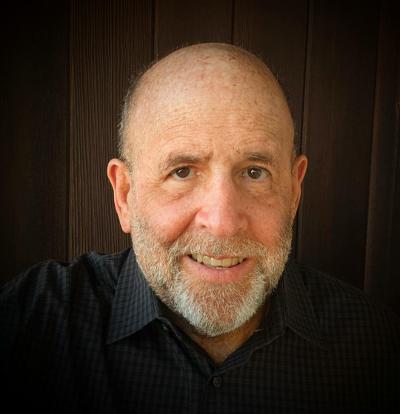
Andrew Malekoff
In August 2021, health insurance giant UnitedHealthcare reached a settlement with the U.S. Department of Labor and the New York State Attorney General to pay $15.7 million in restitution and penalties for discriminating against New Yorkers living with mental illness and substance use disorders.
What UHC did was to place an excessive financial burden on beneficiaries by denying mental healthcare treatment claims and overcharging them.
This sleazy practice which dates back to at least 2013, is a violation of the Mental Health Parity and Addiction Equity Act of 2008, which demands that large group health plans place no annual or lifetime dollar limits on mental health and substance use care benefits that are less favorable than limits imposed on medical and surgical care benefits.
Fifteen million dollars sounds like a substantial enough fine to change an offender’s behavior; however, for the multi-billion dollar health insurance industry, fiscal penalties like this amount to a slap on the wrist. They are the cost of doing business.
Try and imagine the intensified level of stress you might feel when you discover that your health insurer, who is charged with helping to protect your well-being, has intentionally prevented you or your loved one from gaining access to the level of care needed.
Deceptive and dishonest practices only serve to erode and further destabilize the overall well-being of anyone living with mental illness, as well as family caregivers who are devoted to their emotional well-being.
Why do insurance carriers in the health insurance industry discriminate against people living with mental illness? Because they can. They can afford to pay restitution and fines in their attempts to reap the financial rewards that are generated by restricting access to community-based outpatient and residential care for individuals living with MH/SUD.
UHC’s parent company United Health Group generated gross revenues of $257 billion in 2020. At the same time, they made more than $5.5 million in political contributions to all the usual suspects on both sides of the aisle and spent another $4.1 million on 50 lobbyists, 42 of whom previously held government jobs.
Add a multi-million dollar fine for restricting access to mental health and substance use care and it is only a drop in the bucket for them. They’ve got it all worked out. Their behavioral health business model? Profits over people.
Until health insurers are faced with more severe penalties, up to and including losing their license to do business, there is no incentive for them to strictly adhere to parity law when violating it helps them to maximize profit.
They can easily afford to pay the financial penalties for restricting access to care, contribute protection dollars to the campaigns of their government handmaidens and budget expenses for public relations experts to sanitize their image.
U.S. Secretary of Labor Marty Walsh stated that “Protecting access to mental health and substance abuse disorder treatment is a priority for the Department of Labor and something I believe in strongly as a person in long-term recovery.”
Nevertheless, state and federal government needs to do a better overall job of consistently enforcing parity law and meting out penalties that actually deliver pain instead of headlines.
UnitedHealth Group told Fierce Healthcare, which reports on the industry, that the company is “pleased to resolve these issues related to business practices no longer used by the company.”
Until next time, that is.






